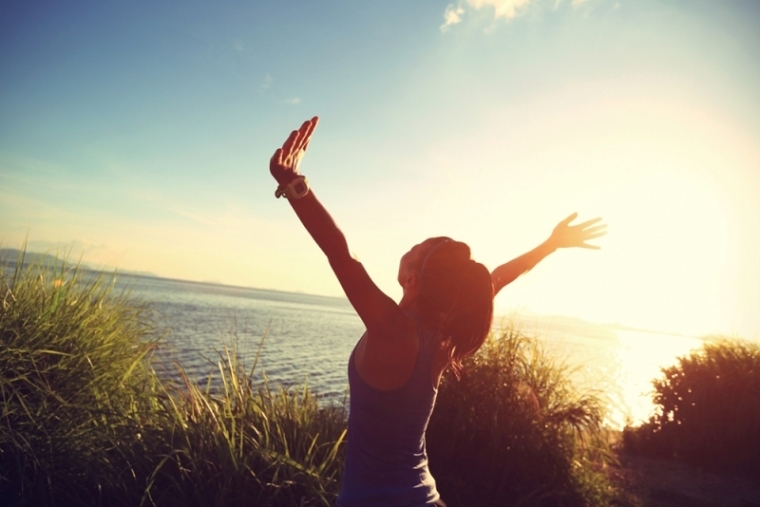
Lockdown life
As I write this article here in New Zealand on 26th August 2021, we’re in Day 9 of what we know as Level 4 lockdown as the Delta variant of COVID19 raised its head for the first time in our country. Level 4 is a hard lockdown, they say one of the hardest in the world. Only essential businesses are allowed to operate, everyone must work from home, we’re only allowed to travel/walk within our own suburb. It’s disappointing to a lot of people that they aren’t allowed to drive to their holiday homes. No hospitality venues are allowed to operate – I did think my morning coffee was an essential business, but apparently not.
New Zealand has generally handled this global pandemic quite well; while many parts of the world have had long stretches of various degrees of lockdowns, our lockdowns have been relatively minimal. Being an island nation has meant closing our borders was not all that difficult and there have been months on end when, apart from not being able to travel, you wouldn’t have known the world was struggling as much as it was, and still is.
The fact that it is August 2021 and we’re in Level 4 lockdown has come as somewhat of a shock to our country. We thought we had missed Delta, we thought we were invincible, we thought there was no rush to be vaccinated.
Rising levels of anxiety
Being eighteen months after what was then called coronavirus first arrived in NZ, and with only a faint glimmer of light at the end of the tunnel being visible, it is no surprise that higher levels of anxiety and stress are again facing an upward trajectory. Like previous lockdowns, the people who have been identified as being most at risk of a decline in mental health during times of adversity are those aged under 25.
Ministry of Health mental health and addiction chief clinical adviser Dr Arran Culver said that “Young people were most impacted previously, and it is likely that we will see this trend again, depending on the duration of the increased alert level.” It was important people knew it was normal to not feel alright all the time, Culver said.
“It’s understandable to feel sad, distressed, worried, confused, anxious or angry during this crisis. Everyone reacts differently to difficult events, and some may find this time more challenging than others.”
He suggested Kiwis should stay connected, limit time online, stick to a schedule or routine, exercise daily, explore their local neighbourhood, and appreciate small moments of joy.
The anxiety of the under 25s
In their recently released book, Generation Alpha: Understanding our Children and Helping Them Thrive, Mark McCrindle and Ashley Fell shared their recent research that for the youngest among us (born from 2010) the three things that are most likely to cause anxiety and stress are a low battery on their mobile devices, only one bar of Wi-Fi reception, and the signal of constant buffering.
Whether it be the outworking of COVID19, environmental issues, or the three signs of anxiety in the youngest members of our communities, it is clear that there are more reasons for young people to see increased levels of anxiety or mental health issues making their presence felt in their lives.
The government response
In its annual budget of 2019, the NZ government allocated $1.1billion in operational spending on mental health initiatives over the next five years to try and alleviate the rising levels of mental unwellness, especially in the younger generations. It is generally accepted that the outworking of this allocation is yet to be seen.
But should we expect this to be a government response in the first place?
The Christian response
For generations Christians have been at the forefront of more holistic responses to the challenges of an imperfect world. Public hospitals, per se, did not exist until the Christian period. Towards the end of the 4th century, the second medical revolution took place with the founding of the first Christian hospital in the eastern Byzantine Empire by Basil of Caesarea, and within a few decades, such hospitals had become ubiquitous in Byzantine society.
This is indicative of the larger Christian narrative to which followers of Jesus subscribe. Naturally, the words of Jesus and his followers in Scripture are therefore the foundation stone of the outworking of care and compassion among those who profess faith in him.
Jesus says in Matthew chapter 11, verses 28-30, “Come to me, all you who are weary and burdened, and I will give you rest. Take my yoke upon you and learn from me, for I am gentle and humble in heart, and you will find rest for your souls. For my yoke is easy and my burden is light.”
The Apostle Paul writes to the church in Philippi and says in Philippians chapter 4, verses 6-7, “Do not be anxious about anything, but in every situation, by prayer and petition, with thanksgiving, present your requests to God. And the peace of God, which transcends all understanding, will guard your hearts and your minds in Christ Jesus.”
The challenge
The challenge for those who profess faith in these times is to allow what has been spoken many years ago to still resonate in our hearts and translate into a faith that places our anxieties and fears in the hands of a God who we claim can part the waters and calm the seas.
COVID19, lockdowns and alert levels will be what they will be, but the response of God’s people can be more than what we think possible, and could, possibly, be the light on the hill Jesus asked us to be.
As Martin Luther King Jr once said, “Faith is taking the first step, even when you don’t see the whole staircase.”

Grant Harris is a reformed banker who has been the Senior Pastor of Windsor Park Baptist Church in Auckland, New Zealand, for eleven years. Grant’s passionate about seeing people catch a glimpse of who they are in Christ and living out the difference that makes. He’s tried living according to the patterns of this world and found that those patterns came up short. He’s still a work-in-progress and always will be. You can contact Grant at grant.harris@windsorpark.org.nz.